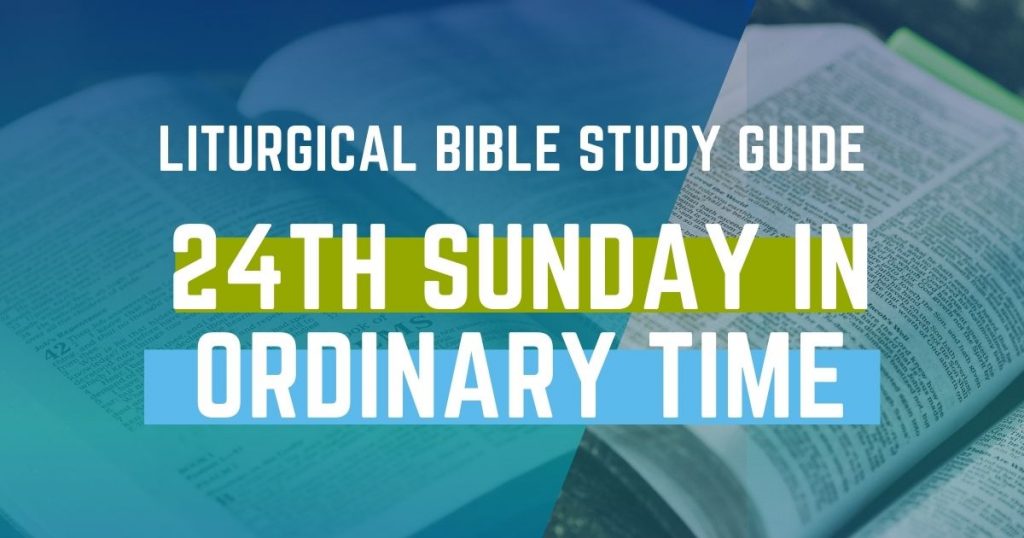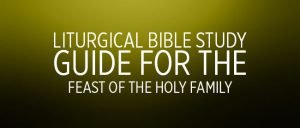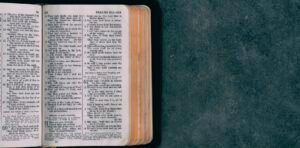1st Reading – Isaiah 50:4c-9a
Again this week we hear our first reading from the book of the prophet Isaiah; this time from chapter 50 which is in what has been called by some scripture scholars Second or Deutero-Isaiah. The division of Isaiah into two (or three) separate groupings [chapters 1 through 39, and chapters 40 through 66 (or chapters 1 through 39, 40 through 55, and 56 through 66)] is rather recent in terms of history. Until the 18th century it was presumed that Isaiah wrote all 66 chapters. Then, it was proposed that chapters 40 through 66 were written by a different author some 150 years later, during the Babylonian exile, with some scholars maintaining that yet a third author writing chapters 56 through 66. The reasons for separate authorship of chapters 40 through 55 are first of all historical. The addressees seem to be no longer inhabitants of Jerusalem, but exiles in Babylon. Jerusalem, in fact, has been captured and destroyed. Babylon is no longer a friendly ally, for she has destroyed Jerusalem and deported the Israelites. The former prophesies about Jerusalem’s destruction have been carried out and Israel now awaits a new and glorious future.
Among the many finds in the Dead Sea Scrolls was a complete copy of Isaiah (all 66 chapters). There is no indication that anyone at the time of Jesus believed anything other than that the prophet Isaiah wrote all 66 chapters.
Today’s reading comes from the section which has been titled “Hymns to the new Jerusalem” and is called “Israel in Darkness” and is the third song of the suffering servant.
2nd Reading – James 2:14-18
The Epistle of Saint James is one of the books which Martin Luther had eliminated from his Bible. He reverted the Old Testament from the Greek (Septuagint) to the Hebrew canon (which hadn’t been determined by the Jews until A.D. 90 in response to the Christian use of the Septuagint) and he also tried to eliminate James, Hebrews, 2 & 3 John and Revelation from the New Testament. His followers did not go along with his New Testament changes. It has been postulated that the reason he wanted to eliminate James is that it clearly does not support his doctrine of salvation by faith alone as we hear in this reading
Gospel – Mark 8:27-35
This passage is the turning point in Mark’s gospel. It climaxes Jesus’ self-revelation with the disciples’ first recognition of Him as the Messiah. It also introduces the theme of the suffering Messiah. This reading corresponds in time to the point in John’s bread of life discourse where Peter acknowledges that Jesus is the Holy one of God; sent by God but not necessarily a messianic title.





